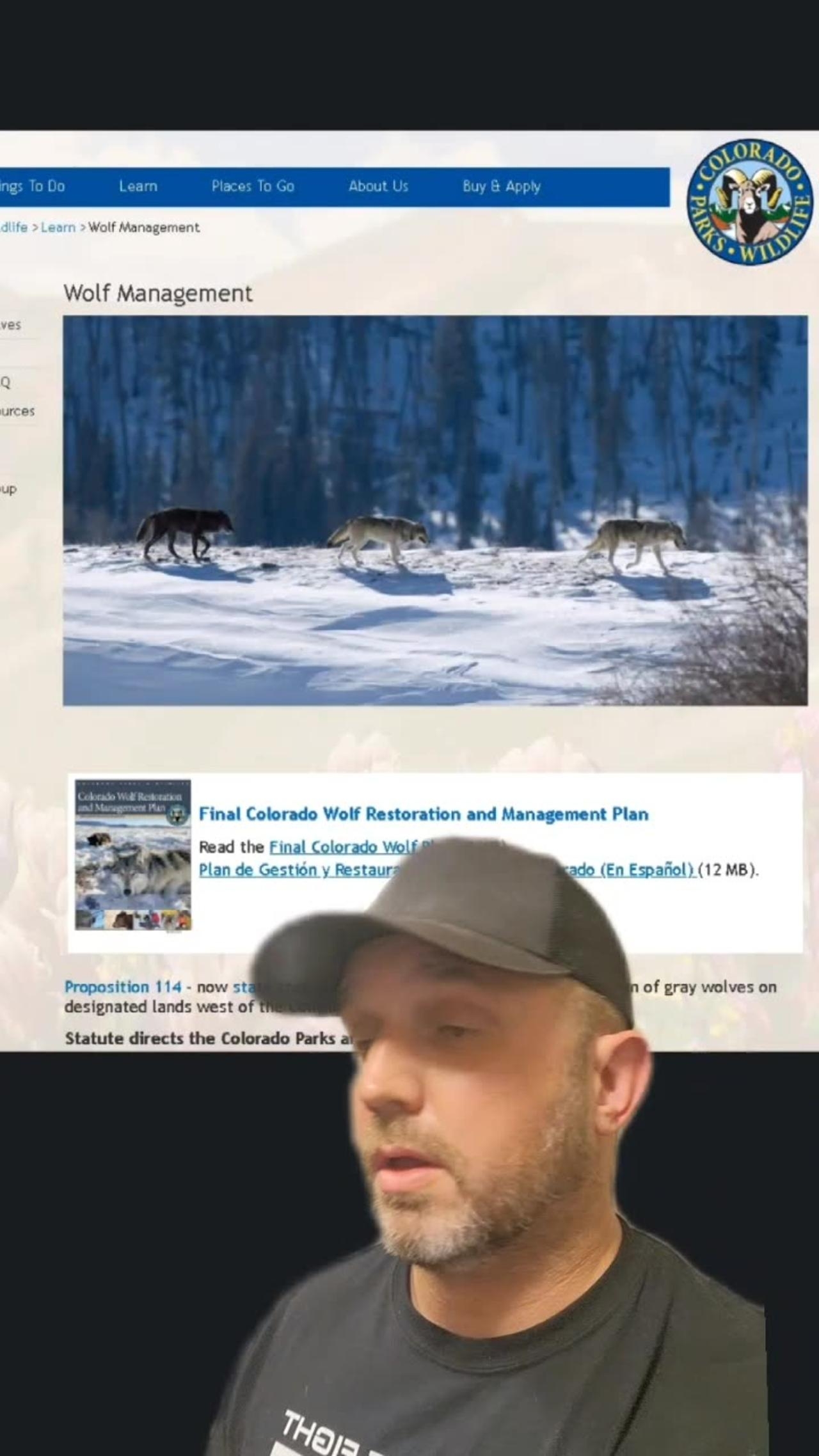Colorado, known for its majestic mountains and stunning landscapes, is also home to a diverse array of wildlife. Among the inhabitants of the Centennial State are the regal lions, also known as mountain lions or cougars. These powerful predators play a crucial role in the ecosystem of Colorado, and their presence adds to the natural beauty of the region.
Lions in Colorado are a sight to behold. These magnificent creatures are known for their tan-colored fur, which helps them blend seamlessly into their surroundings. They are solitary animals, typically roaming their territories alone or with their offspring. Despite their solitary nature, lions are highly territorial and will fiercely defend their territory from intruders.
Colorado provides the perfect habitat for lions, with its vast expanses of forests, mountains, and canyons. These agile predators are excellent climbers and can easily navigate the rugged terrain of the state. They primarily feed on deer, elk, and other large mammals, using their stealth and speed to hunt their prey.
While lions are apex predators, they still face threats in Colorado, including habitat loss and human encroachment. Conservation efforts are crucial to ensuring the survival of these magnificent creatures in the wild. By protecting their habitats and promoting coexistence with humans, we can help ensure a future where lions continue to roam the mountains of Colorado.
Encountering a lion in the wild is a rare and awe-inspiring experience. These elusive creatures are a symbol of the untamed beauty of Colorado’s wilderness. If you ever have the chance to see a lion in the wild, consider yourself lucky to witness one of nature’s most majestic creatures in their natural habitat.
In conclusion, lions in Colorado are a vital part of the state’s ecosystem and a symbol of its wild spirit. By protecting their habitats and respecting their role in the ecosystem, we can ensure a future where lions continue to roam the mountains and forests of Colorado. Let us cherish and preserve these magnificent creatures for generations to come.
